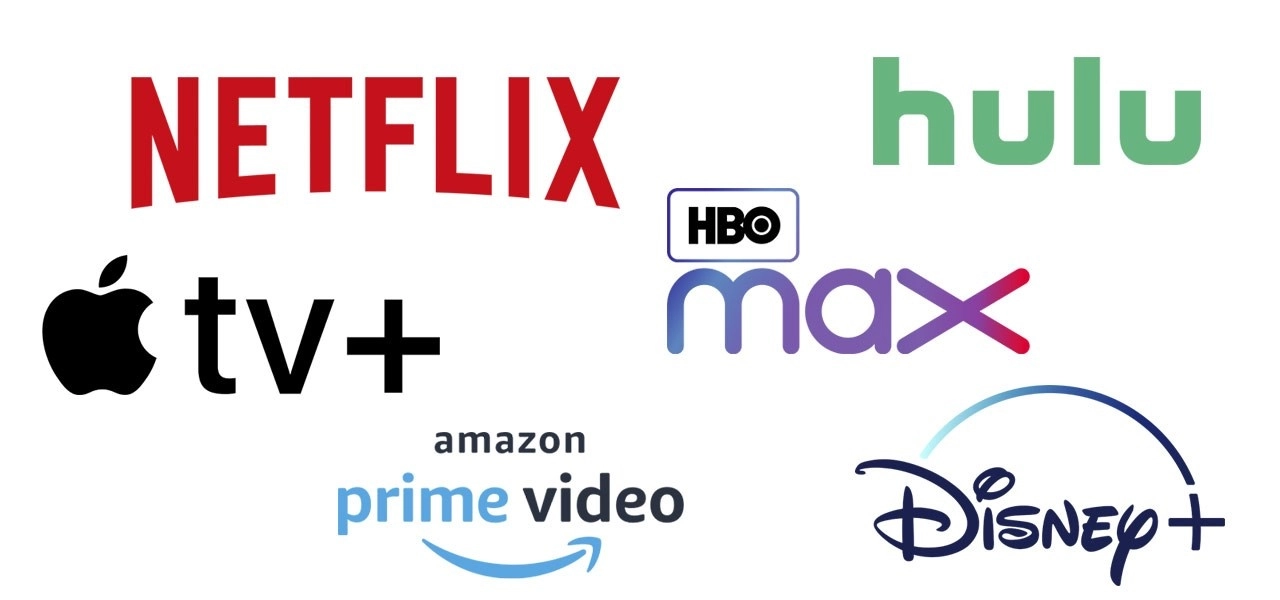Exploring the Phenomenal Popularity of Netflix: A Look at the Streaming Giant’s Success

Netflix has become a household name in the world of entertainment, revolutionizing the way we consume television and film. Since its inception in 1997 as a DVD rental-by-mail service, Netflix has evolved into a streaming giant with over 223 million subscribers in more than 190 countries. But what has contributed to the phenomenal popularity of Netflix?
How Netflix Became So Popular

One factor contributing to Netflix’s success is its vast content library. With thousands of TV shows, movies, and documentaries available to stream, there is something for every viewer. In addition to licensing content from other studios and networks, Netflix has also invested heavily in producing its own original programming. This strategy has paid off, with critically acclaimed hits like “Stranger Things,” “The Crown,” and “Orange is the New Black” drawing a massive audience.
Another reason for Netflix’s popularity is its accessibility and convenience. With the ability to stream content on multiple devices, including smartphones, tablets, and smart TVs, viewers can easily watch their favorite shows and movies anytime, anywhere. Netflix also offers various subscription plans to fit different budgets and viewing habits.
In addition to its content and convenience, Netflix has also been a pioneer in using data to drive its business decisions. By analyzing viewer data, Netflix is able to tailor its recommendations and suggest content that aligns with an individual viewer’s interests. This personalized approach has helped keep subscribers engaged and coming back for more.
But Netflix’s success has not come without challenges. They have faced competition from other streaming services. As well as backlash over its pricing and content licensing decisions. However, Netflix has continued to adapt and evolve, finding new ways to captivate and retain its audience.
Competition With Other Streaming Giants

While Netflix has undoubtedly been a pioneer in the streaming industry, it is not the only player in the game. In recent years, several other streaming companies have emerged, offering their own unique content libraries and subscription plans.
One of Netflix’s main competitors is Hulu, which offers a mix of current and past TV shows, as well as a selection of movies and original programming. Hulu also offers a live TV option, allowing subscribers to stream live sports, news, and programming.
Amazon Prime Video is another streaming service that has gained popularity in recent years. In addition to offering a library of movies and TV shows, Amazon Prime Video also includes access to Amazon’s music and e-book library, as well as free shipping on select items.
Disney+ is a newer streaming service that has quickly gained a loyal following. The platform offers a vast library of movies and TV shows from Disney, Pixar, Marvel, and Star Wars, as well as exclusive original content.
Other notable streaming services include HBO Max, which offers a selection of popular TV shows and movies, as well as original programming like “Game of Thrones“, “House of Dragons” and “Westworld,” and Peacock, which features a mix of current and past TV shows, movies, and live sports.
As the streaming industry continues to grow and evolve, it is likely that we will see even more companies entering the market and offering their own unique content and features. While Netflix may have been the first to establish itself as a streaming giant, it will need to continue to adapt and compete in order to maintain its position at the top.
Conclusion
In conclusion, Netflix’s phenomenal popularity can be attributed to its vast content library, accessibility and convenience, and use of data to drive business decisions. Despite facing challenges, the streaming giant has proven to be a formidable force in the entertainment industry and shows no signs of slowing down.


